Android malware campaign 'targets 1 million Google accounts'
Check Point says Android malware campaign can steal tokens from Google accounts

More than one million Google accounts have been compromised by a new authentication-theiving malware campaign called Gooligan, according to security company Check Point.
In a blog post, Check Point said the malware steals authentication tokens from infected Android devices, which can later be used to access Google Play, Gmail, Google Photos, Google Docs, G Suite, Google Drive and other data stored with Google.
The Gooligan malware campaign appears to affect 74% of in-market devices, particularly those running on Android 4 (JellyBean, KitKat) and 5 (Lollipop).
Around 57% of these devices are in Asia and 9% are in Europe. Android users can check whether their account is compromised here.
Check Point suggested that, if an account has been breached, users should carry out a clean installation ("flashing") of the operating system on the affected mobile device. As this is a complicated process, however, the company said users may want to power off the device and ask their mobile service provider or a certified technician to 're-flash' the device.
Check Point also recommended changing all Google account passwords once the "flashing" process is complete.
The security company is working closely with Google to investigate the source of this campaign.
Sign up today and you will receive a free copy of our Future Focus 2025 report - the leading guidance on AI, cybersecurity and other IT challenges as per 700+ senior executives
Adrian Ludwig, Google's director of Android security, said: "We're appreciative of both Check Point's research and their partnership as we've worked together to understand these issues. As part of our ongoing efforts to protect users from the Ghost Push family of malware, we've taken numerous steps to protect our users and improve the security of the Android ecosystem overall."
To counteract the malware campaign, Google is reportedly notifying affected accounts, revoking affected tokens and deploying SafetyNet improvements.
-
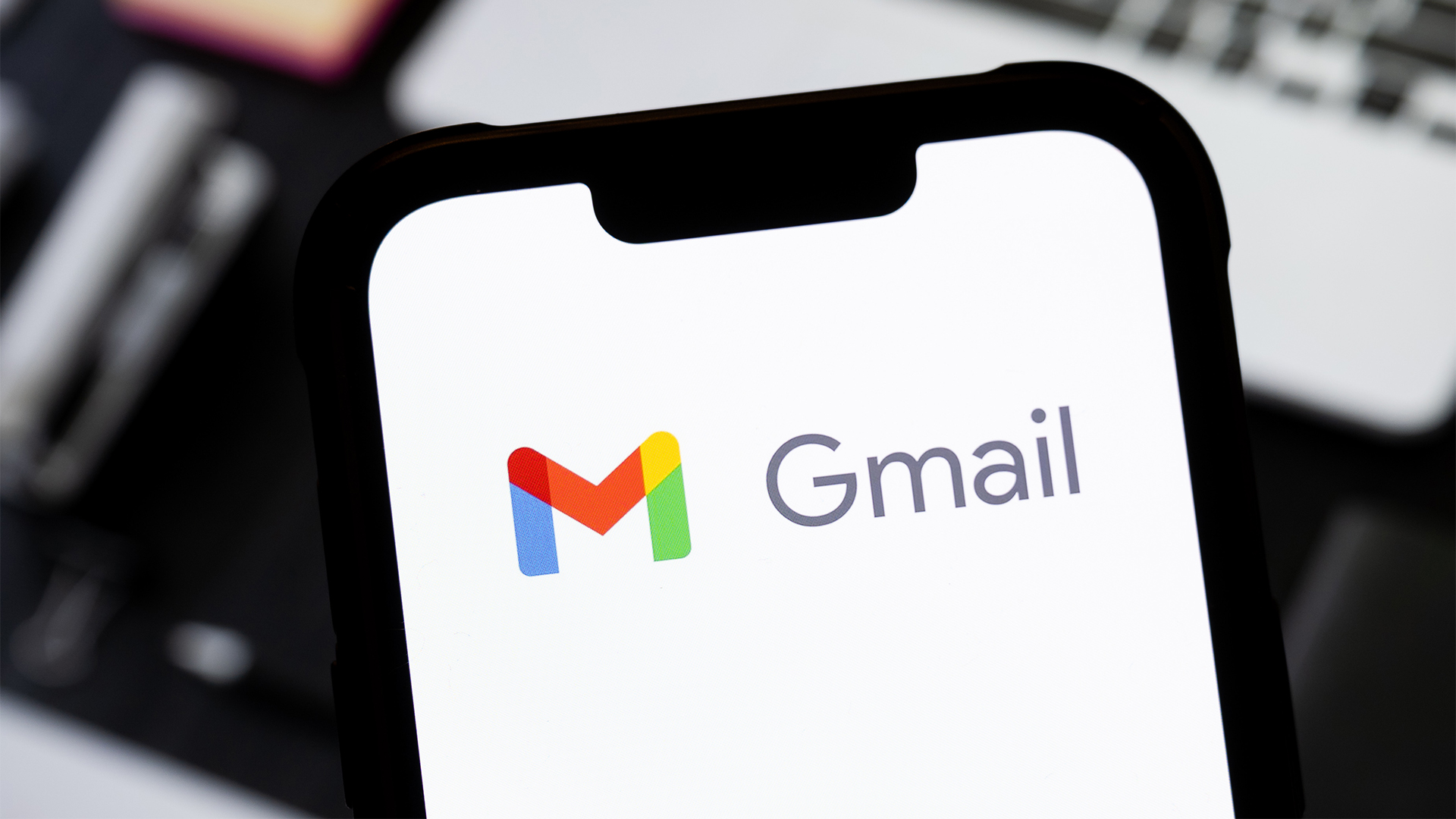 Google says reports of a 'huge' Gmail breach affecting millions of users are false, again
Google says reports of a 'huge' Gmail breach affecting millions of users are false, againNews Reports of a major Gmail affecting millions of users have been flooding the web this week – Google says they're "false" and you've nothing to worry about.
-
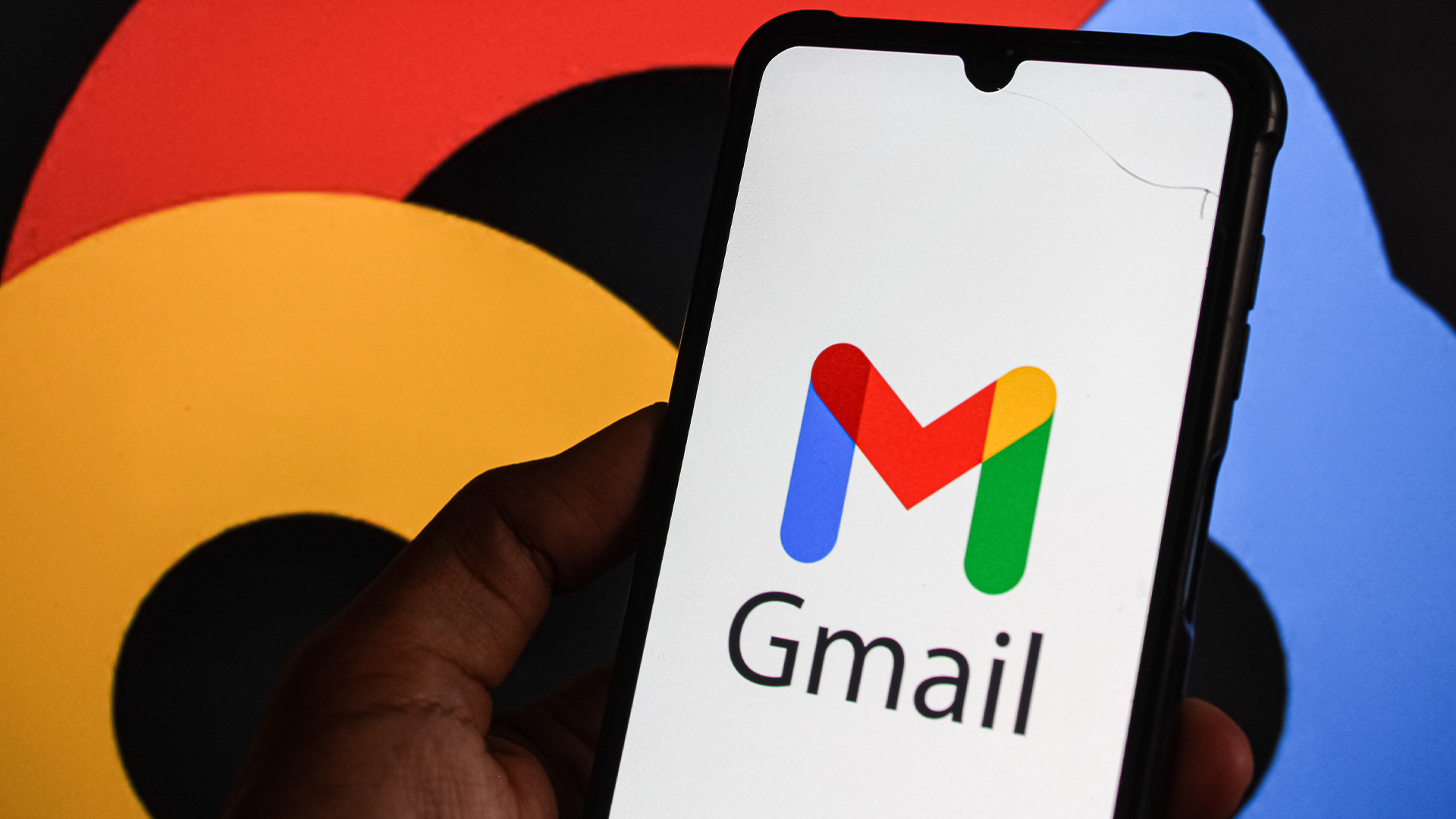 Google hits back at 'entirely false' reports of major Gmail security breach
Google hits back at 'entirely false' reports of major Gmail security breachNews Reports of a massive Gmail hack affecting billions of users have been denied by Google
-
 Scania admits leak of data after extortion attempt
Scania admits leak of data after extortion attemptNews Hacker stole 34,000 files from a third-party managed website, trucking company says
-
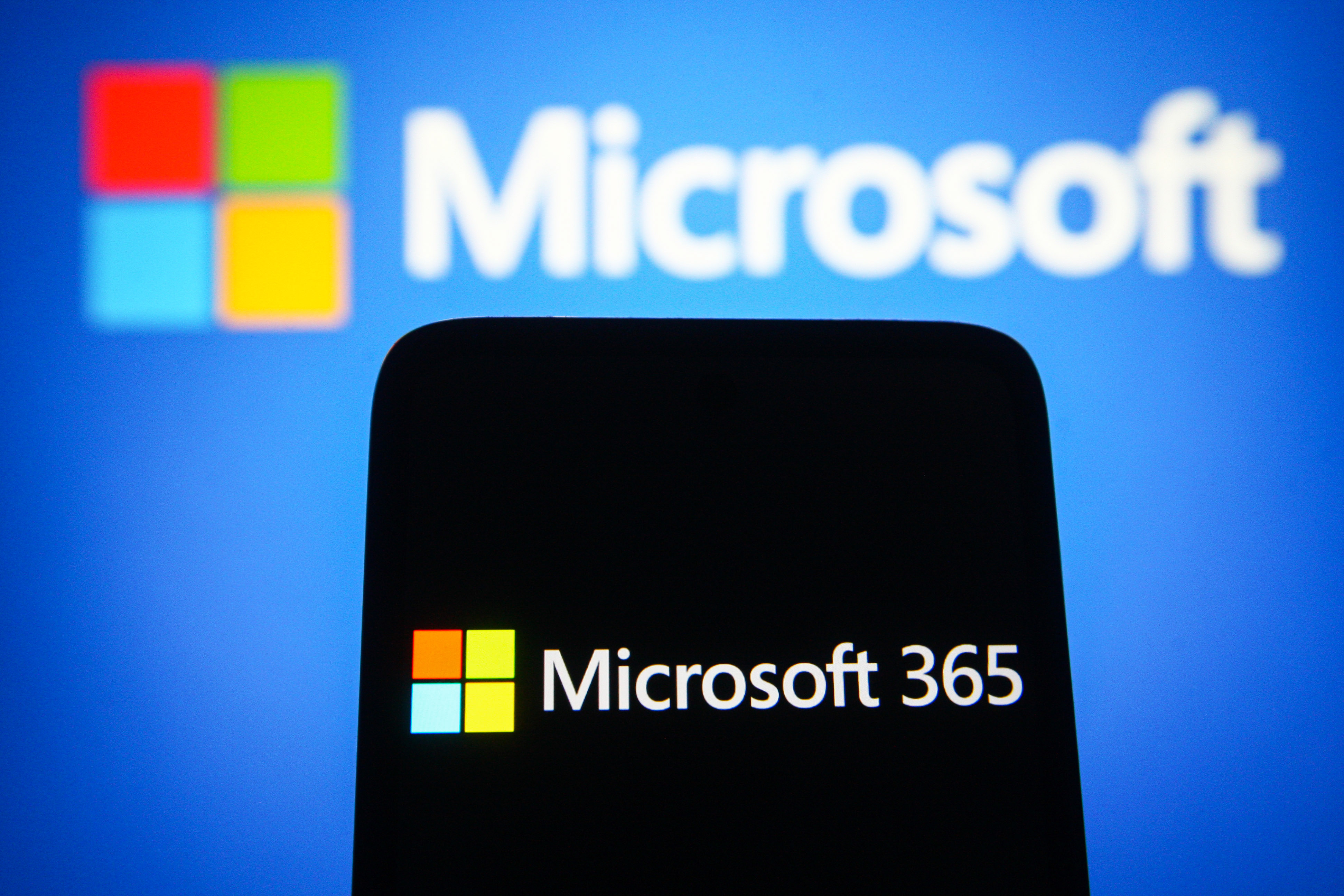 Microsoft 365 admins warned over new Gmail anti-spam rules
Microsoft 365 admins warned over new Gmail anti-spam rulesNews Microsoft 365 users have been warned they could be penalized for failing to adhere to new anti-spam standards
-
 Capita tells pension provider to 'assume' nearly 500,000 customers' data stolen
Capita tells pension provider to 'assume' nearly 500,000 customers' data stolenCapita told the pension provider to “work on the assumption” that data had been stolen
-
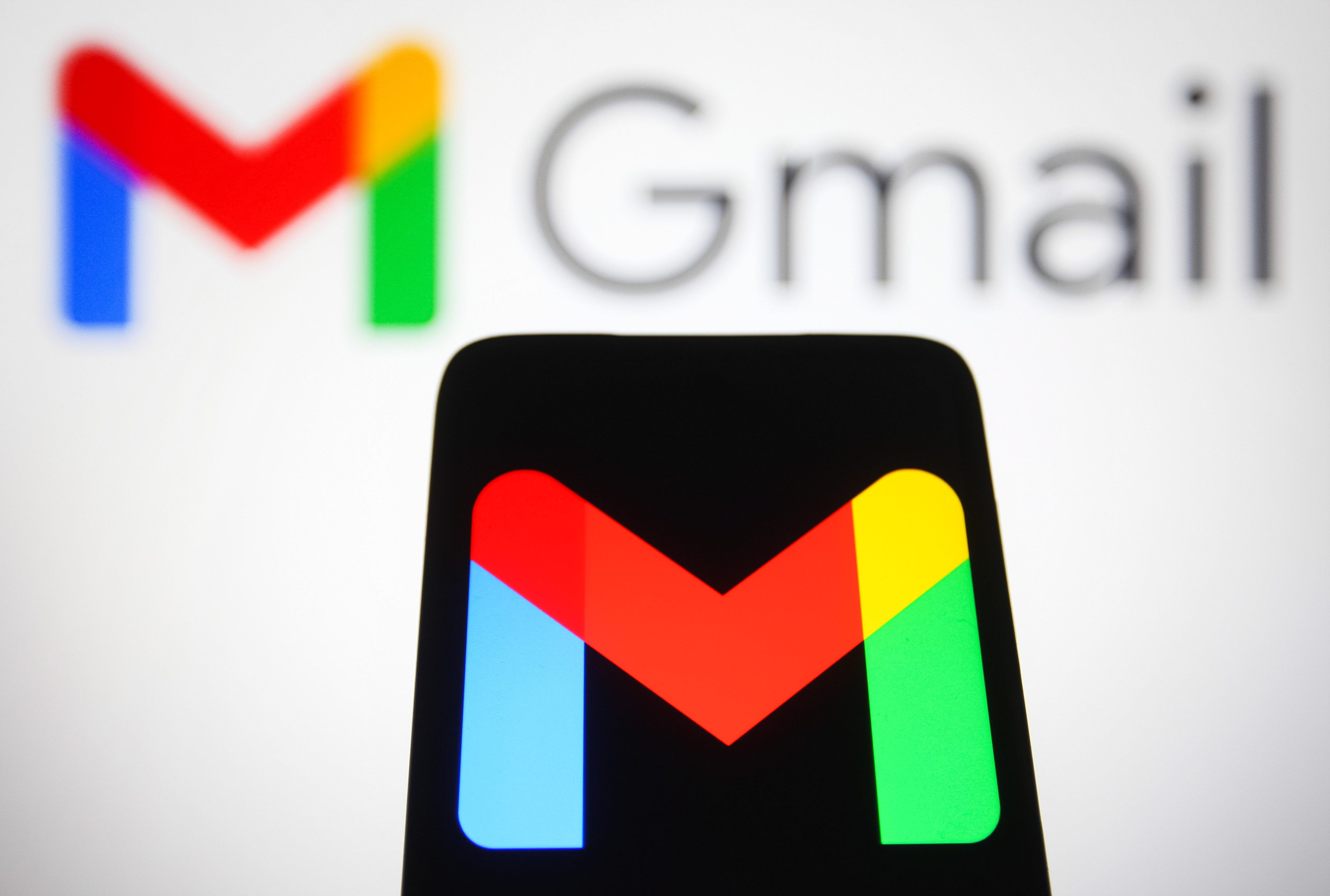 Google launches dark web monitoring tools for US Gmail users
Google launches dark web monitoring tools for US Gmail usersNews First launched for Google One customers, the dark web report service is rolling out to all US-based Gmail users
-
 North Korean-linked Gmail spyware 'SHARPEXT' harvesting sensitive email content
North Korean-linked Gmail spyware 'SHARPEXT' harvesting sensitive email contentNews The insidious software exfiltrates all mail and attachments, researchers warn, putting sensitive documents at risk
-
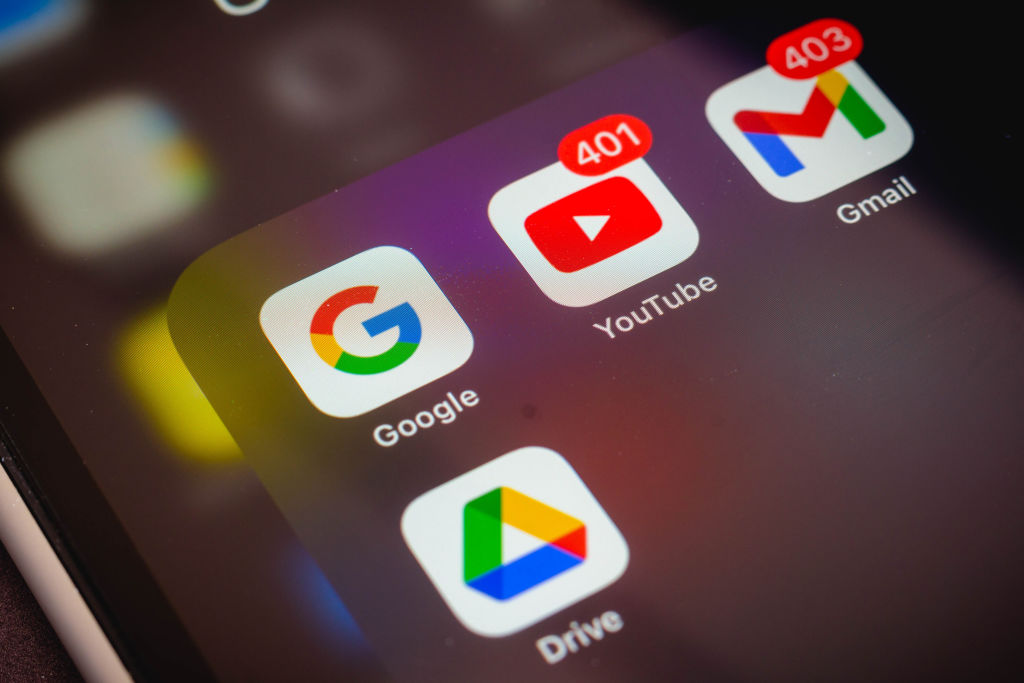 Researchers warn of spear-phishing exploit in Google Docs
Researchers warn of spear-phishing exploit in Google DocsNews Hackers have found a way to use Google's comment function to dupe victims into clicking on malicious links

